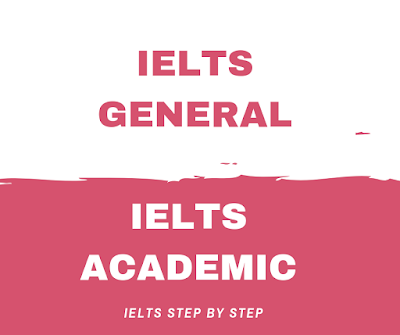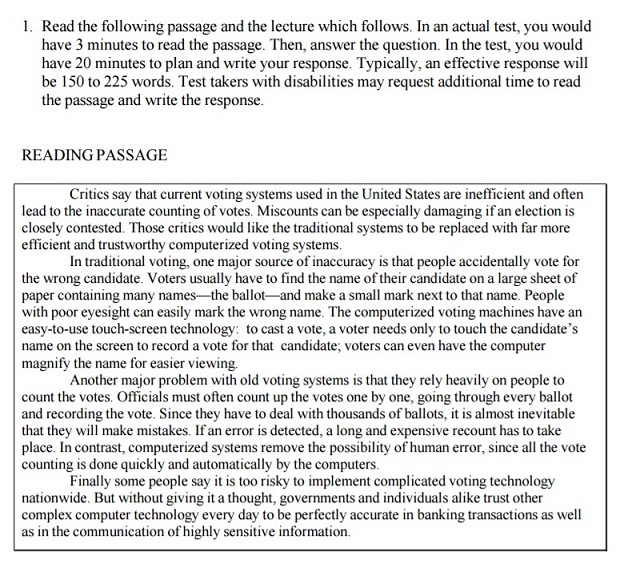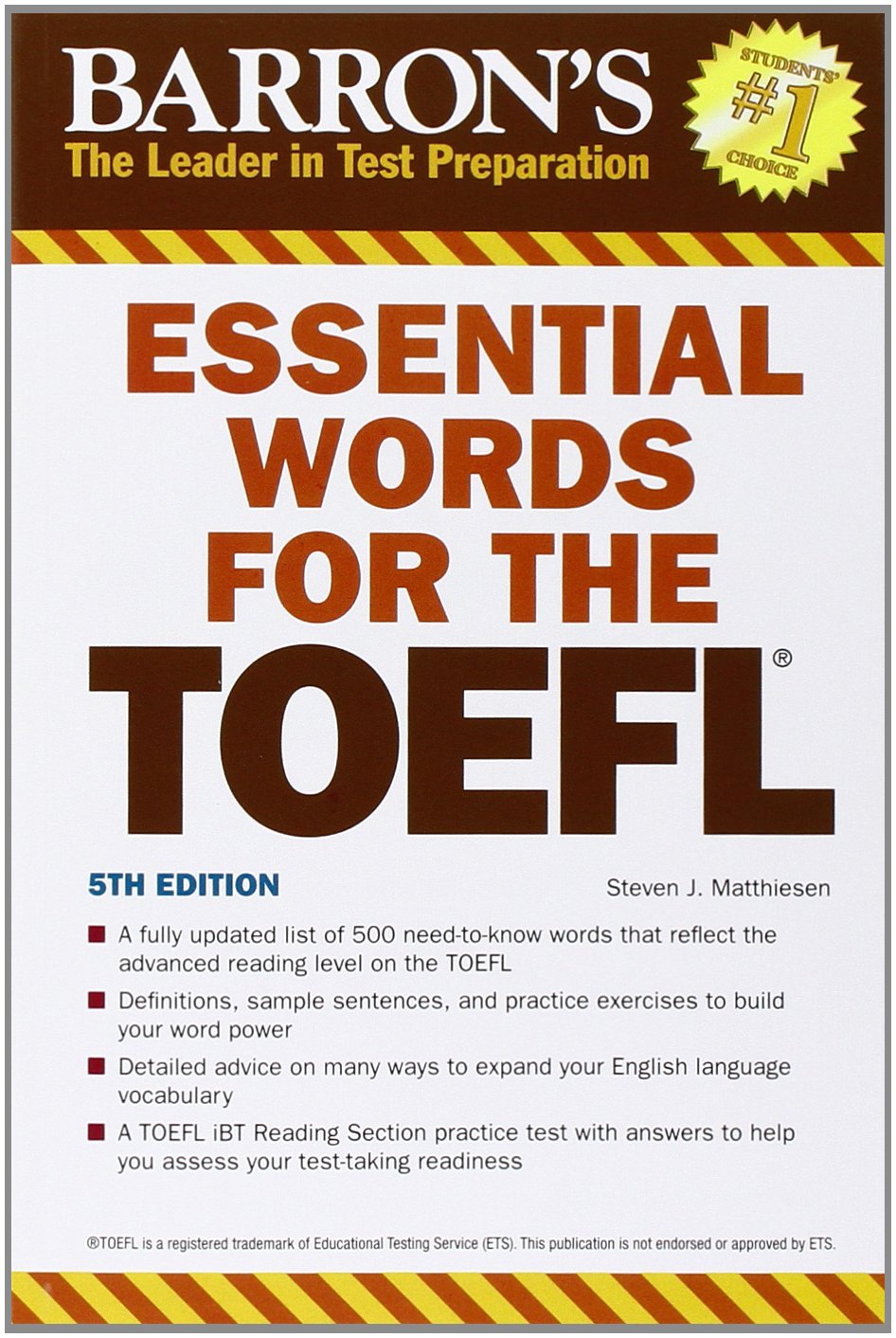 |
| what is IELTS exam? |
IELTS (The International English Language Testing System) is an exam to assess the language abilities of people who want to study or work in countries where English is a means of communication.
It is an International exam held under the control of the British Council, IDP, IELTS Australia and the University of Cambridge ESOL Examinations (Cambridge ESOL).
To assess the exam, a 9-point scale is used (a score in IELTS is called a band).
Main Features And Benefits Of The IELTS Exam:
- The exam is available to all people, regardless of age, gender and nationality;
- In any case, you will receive a certificate, which will indicate your score (from 1 to 9);
- The exam can be retaken an unlimited number of times;
- Two modules of testing: Academic and General, i.e. The examination corresponds to the needs of any candidate;
- The results of the exam are accepted in more than 10 thousand organizations around the world (more than 140 countries);
- Examination assignments are developed by leading specialists of organizations such as Cambridge, British Council, etc., which are located in different English-speaking countries.
- All tasks are tested on candidates from all corners of the Earth to make sure the adequacy of the test.
Why Should I Take IELTS?
As the IELTS is a worldwide test indicates that you can speak English fluently and able to communicate with others in English easily, so:
1) It will increase your career success and boost your rank among your workmates, as many global organizations do not employ foreign staffs [who speak English as a second language] except with valid IELTS certificate.
2) It will give you a great opportunity to study in top Universities in different countries around the world.
3) It will increase your chances to migrate to English-speaking countries e.g. (Canada & Australia).
IELTS test you should take depends on the reason why you take IELTS:
1) General IELTS is used for:
2) Academic IELTS is used for:
General And Academic IELTS
Which IELTS test should I take?
IELTS can be of two types: Academic Module (Academic) and General Training Module(General).IELTS test you should take depends on the reason why you take IELTS:
1) General IELTS is used for:
a. Immigration to English-speaking countries (e.g. Australia, Canada, New Zeeland, and the U.S.).
b. Train or study at below degree level.
b. Train or study at below degree level.
2) Academic IELTS is used for:
a. Applying to scholarships programs provided by Universities all over the world (Bachelor's or Postgraduate degree).
b. Taking permission to settle and join professional organizations in English-speaking countries.
c. Seeking a professional registration in the UK as Medicine – Engineering – etc.
b. Taking permission to settle and join professional organizations in English-speaking countries.
c. Seeking a professional registration in the UK as Medicine – Engineering – etc.
 |
| IELTS general & IELTS academic |
Test format differences between Academic and General Modules:
For both, Academic IELTS and General IELTS, Listening and Speaking sections are the same.The difference is in the Reading and Writing sections:
- In General IELTS, Reading and Writing sections are related to everyday English used in life and work.
- In Academic IELTS, Reading and Writing sections are more related to academic English.
Notes
- You should revise the organization or the University requirements to know which IELTS test you should take and what score you should get.- Some organizations accept both Academic and General Modules.
- In addition, you should plan to migrate or work within the next two years from the date of your IELTS exam result, as the validity of the IELTS certificate is 2 years only.
Conclusion:
- IELTS Academic (Academic module) is usually required for admission to the university or for employment in an English-speaking country. This format of the exam is considered more complicated.- IELTS General Training (Common module) is handed over to those who plan to immigrate to countries such as Australia, Canada or New Zealand. The general module is also suitable for secondary education and internships abroad.
IELTS Certificate Validity
IELTS certificate is valid for 2 years only from the date of your IELTS exam result.
After that, your IELTS certificate will expire and you should take the exam again.
- If you are planning to migrate to Canada, you should know that it is mandatory to take your IELTS exam within one year of submitting your application.
Structure Of The IELTS Test
IELTS test will assess your English fluency in four skills:
a) IELTS LISTENING.
b) IELTS READING.
c) IELTS SPEAKING.
d) IELTS WRITING.
The duration of the IELTS test is approximately 2 hours and 45 minutes.
The exam includes 4 sections that check the corresponding language skills:
Listening, Reading, Writing and Speaking.
In this case, the Speaking and Listening sections coincide in both Academic and General, and Reading and Writing are different.
Usually, sections Listening, Reading and Writing are given in one day without breaks, and Speaking is held before or after other parts.
But sometimes all four parts of the exam can be taken in one day.
IELTS Test component
|
Duration
|
Description (at a glance)
|
Listening
|
40 minutes
|
4 sections, 40 questions
|
Reading
|
60 minutes
|
3 sections, 40 questions
|
Speaking
|
12-15 minutes
|
3 parts, speak with an examiner
|
Writing
|
60 minutes
|
2 tasks
|
English Around the worlds
| ||
what is the IELTS exam?
1) Listening section
The Listening section lasts 30 minutes and is divided into 4 parts, in which you will hear 4 different audio recordings in English.
Each part of the Listening is played only once. Therefore, during the listening process, you simultaneously read questions (40 questions - 10 questions in each section) and respond in writing to them in a draft.
During the test, the questions gradually become more complicated. After the end of the recording, an additional 10 minutes are provided for entering the answers in the examination sheet.
In parts 1 and 2 you will hear discussions on general social topics:
- The first part is a dialogue.
- The second is a monologue.
In the third and fourth parts, the situations arising in the context of training are considered.
- The third part is a dialogue, for example, between a student and a professor.
- The fourth part is a monologue, for example, a lecture at a university.
When assessing the test, experts will check your ability to understand the basic ideas and specific details from what you hear, as well as the ability to recognize the speaker's opinion and attitude to the subject of discussion, the purpose of the utterance and the ability to follow the development of thought.
In this section, you will deal with different types of questions as: multiple choices, mapping, charts, maps, tables, etc.
2) Reading section
To perform tasks in the Reading section, it will take 60 minutes.
During this time, the participants of the exam need to answer 40 questions of various types that test your ability to understand the text read and extract the necessary information from it.
IELTS Academic test includes three long texts of different content (from descriptive to actual and from discourse to analytical).
Texts can be taken from books, newspapers, and magazines, and they are not aimed at professionals in any one field of knowledge, the texts are suitable for anyone who is going to enter the university or get a job.
IELTS General Training test consists of 3 sections:
- Section 1 contains 2 or 3 small texts or several shorter texts. In section 2, there is usually 2 texts, and in section 3 - one long text.
Text material can include excerpts from books, articles from newspapers and magazines, advertisements, etc.
The content of these texts is simpler, describing phenomena from everyday life in an English-speaking environment.
3) Writing section
This section takes 60 minutes, and it includes 2 tasks.
IELTS Academic test includes assignments on topics of interest to applicants to a university or work in an English-speaking country.
In writing task 1, you will be presented with a drawing of a graph, a table, a chart or a diagram that you will need to describe or explain in your own words. The length of the text is not less than 150 words.
Task 2 is an essay on a given topic with a volume of at least 250 words.
- The answers to both tasks should be written in an official style.
IELTS General Training test also includes 2 tasks for general everyday topics.
In task 1, you will be offered a situation on which you will need to write a letter.
Depending on the situation, the letter can be written in an informal or formal style. The volume of the letter is not less than 150 words.
Task 2 is an essay on a given topic (250 words), which can be written in a personal, unofficial style.
4) Speaking section
The Speaking section takes an average of 11-14 minutes and consists of 3 parts.
This section assesses your ability to speak English. Each answer is recorded.
In part 1 of the Speaking, the examiner will ask general questions on topics such as family, home, work, study, hobby, etc.
This part lasts 4-5 minutes.
In part 2, you will be given a card (cue card) on which a topic for discussion will be written.
You will have 1 minute to prepare an answer, after which you need to continuously speak on this topic for about 2 minutes.
At the end of your answer, the examiner can ask a few questions about this topic.
In part 3, you will be asked a few more questions on the topic of task 2, but more abstract and global in nature.
This part lasts about 4-5 minutes.
Now, you knew what is the IELTS exam, and what is the IELTS exam sections.
Start to answer previous IELTS tests to know your level and to be familiar with the IELTS exam.
































